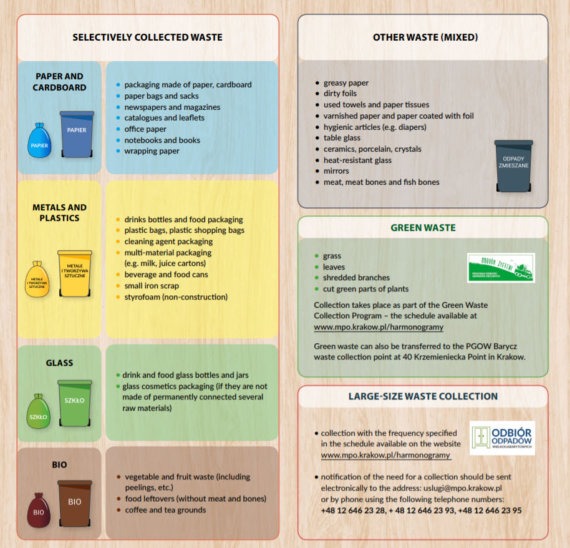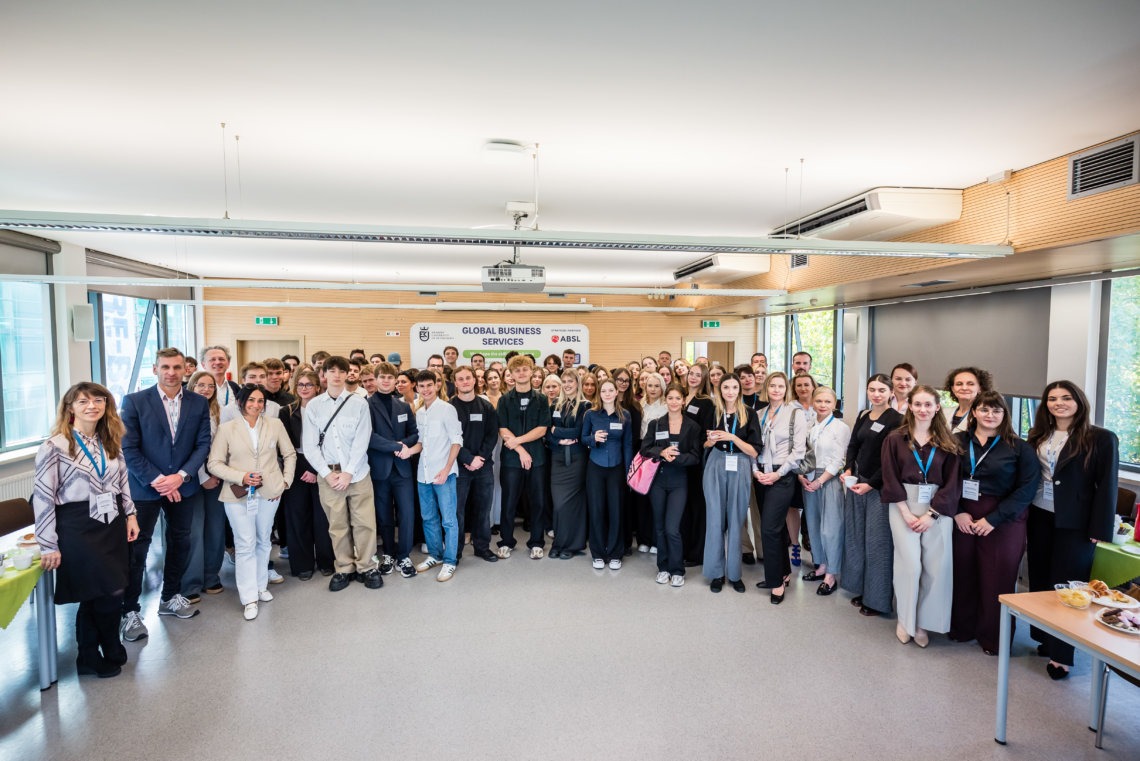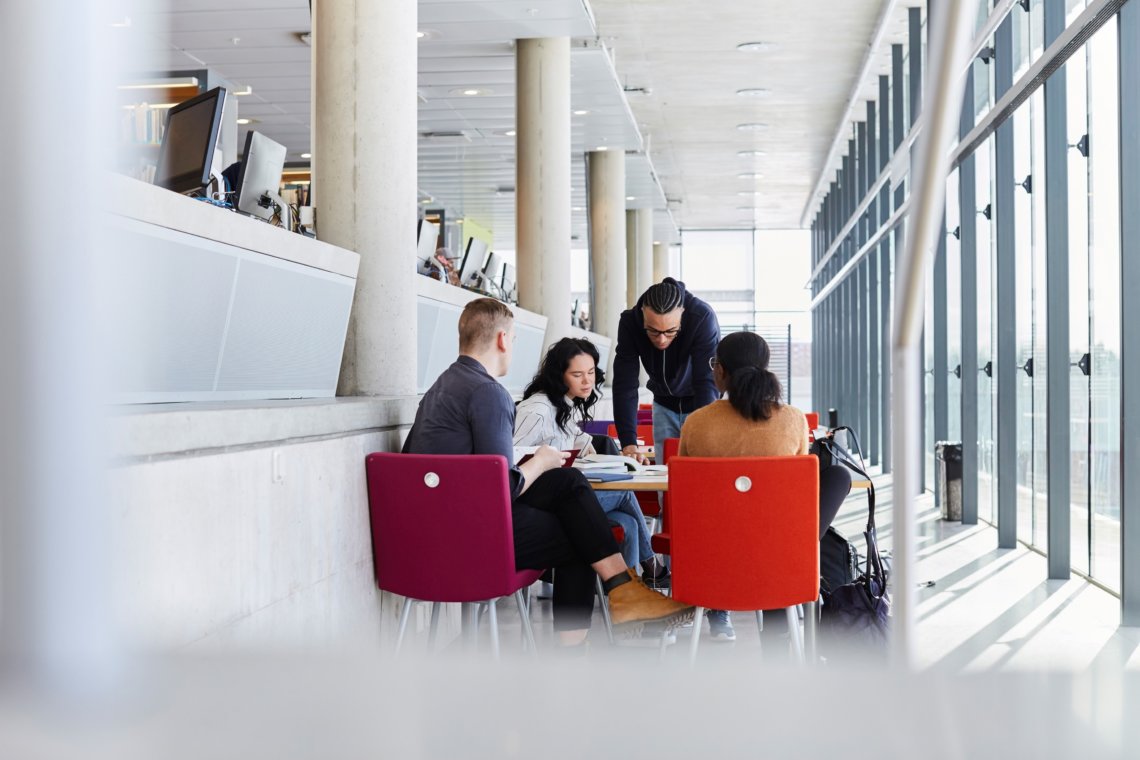Do you think that products made of more than one type of material can’t be recycled? Or maybe there’s no point separating your recycling into different materials because it all gets mixed in the recycling truck anyway... True or false? Find the answers below.
Myth #1
I don’t need to worry about separating anything; I can throw everything I want into a black bin, and the city will sort it out.
Generally, when we toss away everything into the same container, we take the risk that the trash will get mixed and get contaminated so that it will be is impossible to recycle it. For this, follow the community rules of where you are living. In particular, broken glass and plastic shards can readily contaminate paper, causing problems at the paper mill.
Myth #2
Products made of more than one type of material can’t be recycled.
When recycling first got started decades ago, the technology was more limited than it is today. Nowadays, many consumers no longer have to separate the plastic windows from envelopes or remove staples from documents. Recycling equipment is now often equipped with heating elements that melt away adhesives or with magnets that strip away bits of metal. This doesn’t mean you can throw everything into one same container, always make sure to follow the local waste-categorization rules.
Myth #3
Everything can only be recycled once anyway, so what’s the point?
Many common items can be recycled over and over again, with substantial savings to energy and natural resources. Glass and metals, including aluminium, can effectively be recycled indefinitely, without a loss of quality. In fact, aluminium cans have consistently shown the highest value among recycled commodities and remain in high demand.
Myth #4
Recycling uses more energy than making something new.
According to the Environmental Protection Agency, recycling aluminium cans saves 95% of the energy needed to make new ones from raw materials. Recycling steel and tin cans save 60 to 74%, recycling paper saves about 60% and recycling plastic and glass saves about one-third of the energy compared with making those products from virgin materials.
Myth #5
Recycling is a waste of time as it all goes to landfill or abroad anyway.
Not true - your recycling makes a real difference. Recycling protects the environment and cuts disposal costs for council taxpayers.
Myth #6
Cleaning out recyclables is a waste of water and energy.
Making sure bottles and other foods and drinks packaging are completely empty is important for recycling. This is because it stops other recyclables from being contaminated. On the other hand - they are washed thoroughly at the sorting plant, which means washing them yourself wastes water. To minimise the waste use the water from the washing up, wipe packages with a paper towel or pop them into the dishwasher if there's space.
And last but not least:
Myth #7
There’s no point separating your recycling into different materials, it all gets mixed together in the recycling truck anyway.
This is definitely not true. The only reason why the materials end up together in the trash is because we as the primary beneficiary of the commodity (a yoghurt plastic container, an oily or wet paper towel, left-over bones, etc.), we are not doing our homework: we need to make sure to put every item where it belongs. If it’s incorrectly sorted it can contaminate ALL the container making it not recyclable and sending it directly to the waste.
City recycling
The effective way of recycling has always been on Aon's priority list when we used to work in the office. It would be ideal if we took all the good habits and implement them step by step in our home offices. With the pandemic, we face completely new challenges. And with all the health worries and economic insecurity, everyday recycling may fall down the list of priorities. COVID-19 has hit plastic recycling - so it's even more important than ever to think again about what we throw away – seeing not waste, but an opportunity. Learn more on the Global Recycling Day Website.
If you live in Krakow, here is a little recycling guide

Also, learn here how to approach problematic waste like oil plastic bottle, paper towel or styrofoam.


















